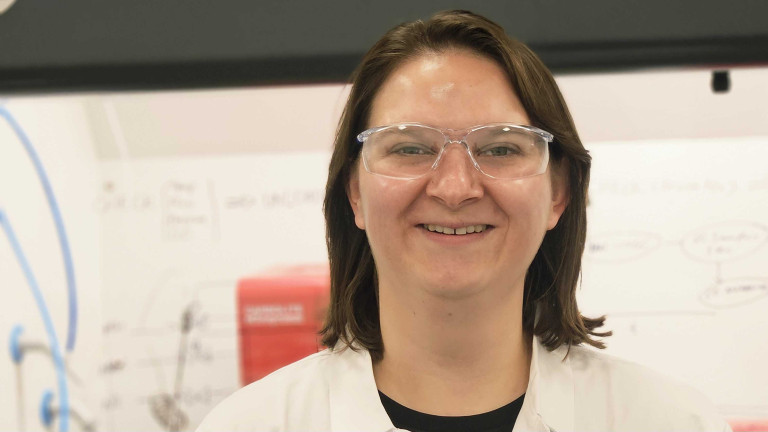Dr Yubiao Niu
Co-Founder and CSO

I grew up close to a Haber-Bosch plant. Every time you breathe it, you can feel it — highly unpleasant. I went to university and studied chemical engineering, and now I have the knowledge and opportunity to decarbonise heavy industries. Ammonia is the first step; nanotechnology and Nium's nanocatalyst can make ammonia synthesis cleaner and more sustainable.
Unveiling the World in a Grain of Sand, Unleashing the Universe in Our Hands
It turned heads when Bill Clinton announced the National Nanotechnology Initiative (NNI) in 2000. It was a significant financial investment in a burgeoning field. When you look back, his decision appears visionary. The funding catalysed a global endeavour and ignited a surge of innovation in the scientific community. Nanotechnology has propelled remarkable advancements in technology since.
From the ubiquitous smartphones in our pockets to lesser-known breakthroughs in optics, transportation, and medicine—such as nanobioelectronics and the recent rapid deployment of Covid-19 vaccines—nanotechnology is revolutionising industries today, akin to how the microchip transformed computing in the previous century, ushering in a paradigm shift in processing power.
A portion of the NNI funding supported the National Nanotechnology Coordinated Infrastructure (NNCI), with Stanford University among its members.
In 2019, Dr. Yubiao Niu was conducting research at the UK Synchrotron facility near Oxford. He stumbled upon a paper from the Stanford nanotechnology team and made a groundbreaking discovery.
The Stanford paper envisioned a future where minuscule technologies could replicate the natural nitrogen-fixing abilities in certain plants, thereby reducing the energy needed for ammonia synthesis—a biomimetic nanocatalyst inspired by and powered by nature.
Yubiao realised he could repurpose the equipment he used at Diamond to test the theory in practice. Over the next three years, he meticulously crafted atomic precision machines capable of constructing tiny nanoclusters that mimic natural ammonia synthesis from water and air, all powered by renewable sources:
- More processing power.
- Less energy consumption.
- Farewell to fossil fuels.
After validating his findings at the Diamond Light Source lab, Dr. Niu met his co-founders at the University of Cambridge Union in the spring of 2022. The nanoscientist joined forces with Lewis Jenkins, an entrepreneur and Phil Hunter a former race car engineer at Carbon 13, a venture builder addressing the climate emergency, and we commenced scaling up the technology in labs across the UK.
By the summer of 2022, Nium emerged—a climate-focused company with a mission to eradicate emissions through nanotechnology.













